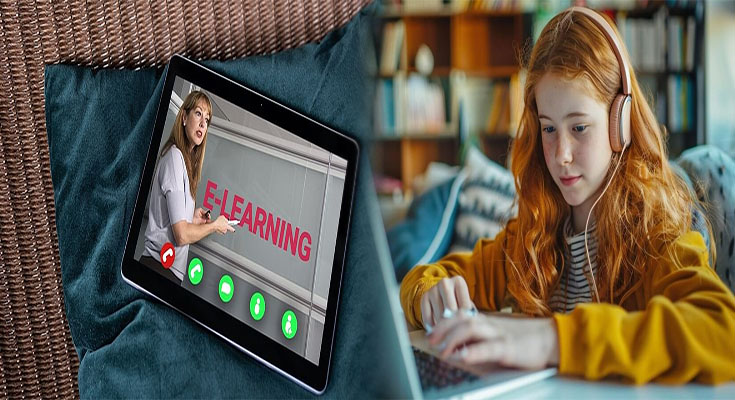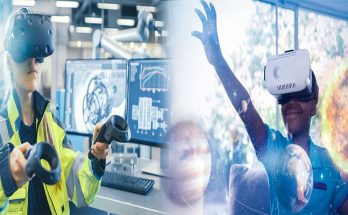In recent years, online learning platforms have revolutionized the way education is delivered and accessed. With the rise of digital technology and the increasing demand for flexible and personalized learning experiences, online learning platforms have emerged as powerful tools for transforming traditional education models. From K-12 schools to higher education institutions and corporate training programs, here is a look at how online learning platforms are reshaping the landscape of education.
Accessibility and Flexibility
One of the key advantages of online learning platforms is their ability to provide learners with greater accessibility and flexibility. By offering courses and resources that can be accessed anytime, anywhere, online learning platforms break down traditional barriers to education, allowing learners to study at their own pace and schedule. This flexibility is particularly beneficial for working professionals, students with busy schedules, and individuals in remote or underserved areas who may not have access to traditional educational resources.
Personalized Learning Experience
Online learning platforms leverage technology such as artificial intelligence and data analytics to deliver personalized learning experiences tailored to each individual’s needs and preferences. Through adaptive learning algorithms, students can receive customized content, adaptive assessments, and real-time feedback that cater to their unique learning styles and abilities. This personalized approach not only enhances engagement and motivation but also improves learning outcomes by addressing the specific strengths and weaknesses of each learner.
Diverse Learning Resources
Online learning platforms offer a wide range of resources, including interactive multimedia content, simulations, virtual labs, discussion forums, and peer-to-peer collaboration tools. These diverse learning resources enable students to engage with course materials in a variety of formats, enhancing their understanding and retention of complex concepts. Additionally, online platforms provide access to expert instructors, guest speakers, and industry professionals from around the world, enriching the learning experience and exposing students to diverse perspectives and expertise.
Skill Development and Lifelong Learning
Online learning platforms have become instrumental in supporting skill development and lifelong learning initiatives. With the rapid pace of technological advancements and the evolving demands of the global workforce, individuals are turning to online platforms to acquire new skills, stay updated on industry trends, and pursue continuous professional development. Through online courses, certifications, and micro-credentials, learners can acquire specialized skills and knowledge that are directly applicable to their careers, enabling them to remain competitive and adaptable in an ever-changing job market.
Collaboration and Networking Opportunities
Online learning platforms facilitate collaboration and networking opportunities among students, educators, and industry professionals from diverse backgrounds and locations. Through virtual classrooms, group projects, online discussions, and networking events, learners can connect with peers and mentors, share ideas, and collaborate on projects in a digital environment. These interactions not only foster a sense of community and peer support but also enable learners to build valuable relationships, expand their professional networks, and gain insights from experts in their field.
As online learning platforms continue to evolve and expand, they are reshaping the landscape of education by making learning more accessible, personalized, and engaging than ever before. With their emphasis on flexibility, personalized learning experiences, diverse resources, skill development, and networking opportunities, online platforms are empowering learners of all ages and backgrounds to pursue their educational goals and professional aspirations in a dynamic and interconnected world. By harnessing the potential of online learning platforms, educators, institutions, and learners can unlock new possibilities for innovation, collaboration, and lifelong learning in the digital age.




